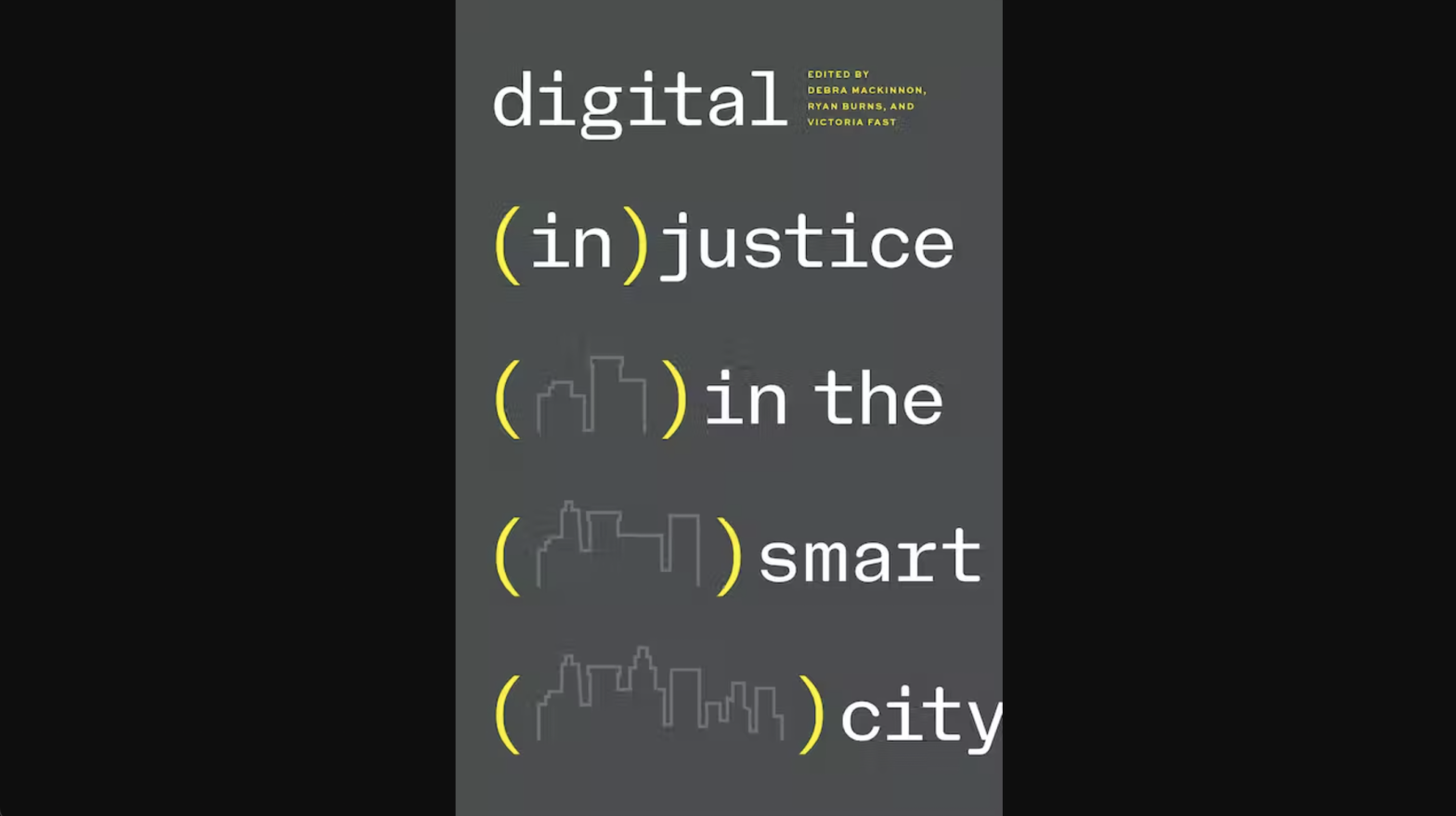Researchers at the Department of Digital Humanities have contributed chapters to a new book on Digital (In)justice in the Smart City on Toronto University Press.
Güneş Tavmen wrote a chapter on “Cybernetic Urbanism: Tracing the Development of the Responsibilized Subject and Self-Organizing Communities in Smart Cities”.
Jonathan Gray co-wrote a piece with Noortje Marres on “Articulating Urban Collectives with Data”.
Here is an excerpt from the book blurb:
In the contemporary moment, smart cities have become the dominant paradigm for urban planning and administration, which involves weaving the urban fabric with digital technologies. Recently, however, the promises of smart cities have been gradually supplanted by recognition of their inherent inequalities, and scholars are increasingly working to envision alternative smart cities.
Informed by these pressing challenges, Digital (In)Justice in the Smart City foregrounds discussions of how we should think of and work towards urban digital justice in the smart city. It provides a deep exploration of the sources of injustice that percolate throughout a range of sociotechnical assemblages, and it questions whether working towards more just, sustainable, liveable, and egalitarian cities requires that we look beyond the limitations of “smartness” altogether. The book grapples with how geographies impact smart city visions and roll-outs, on the one hand, and how (unjust) geographies are produced in smart pursuits, on the other. Ultimately, Digital (In)Justice in the Smart City envisions alternative cities – smart or merely digital – and outlines the sorts of roles that the commons, utopia, and the law might take on in our conceptions and realizations of better cities.

